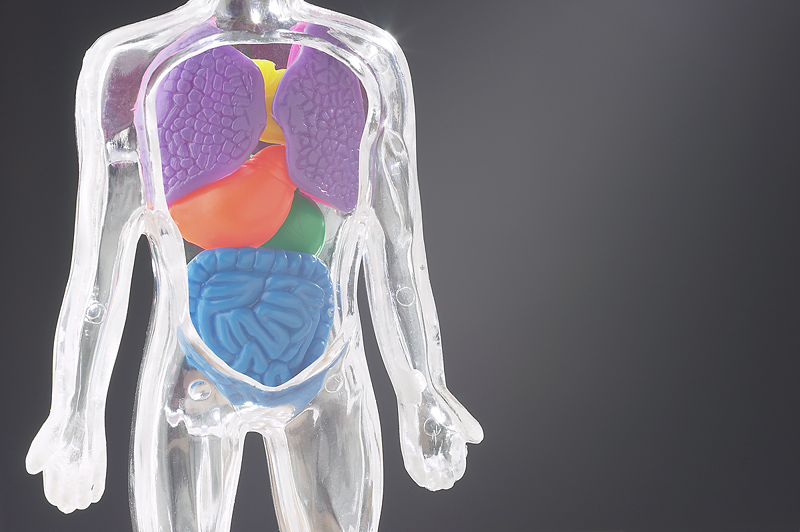
THURSDAY, May 5 (HealthDay News) — Although some researchers believe antibiotics can often cure appendicitis, surgery remains the more effective treatment, French investigators suggest.
Uncomplicated appendicitis may be treated with antibiotics alone, but complicated appendicitis, where the appendix is perforated, requires surgery, and it is difficult to discern between the two, the researchers say.
“With the current technology, it is not possible to distinguish between uncomplicated and complicated appendicitis,” said lead researcher Dr. Corinne Vons, of the Assistance Publique-Hopitaux de Paris and Universite Paris XI.
“Therefore, we cannot treat uncomplicated appendicitis with antibiotics,” she said. In the future, with improved imaging, “it will be possible,” she said.
The report was published in the May 7 edition of The Lancet.
For the study, Vons’ team followed 239 patients diagnosed with uncomplicated acute appendicitis, based on a CT scan, who were randomly assigned to treatment with antibiotics or an appendectomy. The researchers looked for cases of peritonitis, an inflammation of the wall of the abdominal cavity, in the 30 days following treatment.
They found that those treated with antibiotics — 3 grams of amoxillin plus clavulanic acid for 8-15 days — had a significantly higher incidence of peritonitis (8 percent), compared with those who underwent surgery (2 percent).
In addition, 21 of the appendectomy patients (18 percent) were found to have complicated appendicitis with peritonitis, despite the CT scan results.
Moreover, 14 patients treated with antibiotics (12 percent) needed an appendectomy during the month after treatment. Another 30 required an appendectomy between one and 12 months after initial antibiotic treatment. More than a quarter of those patients had suffered a recurrence of acute appendicitis, which made the operation necessary, the researchers say.
The study isn’t likely to end the debate, however.
One expert, Dr. Rodney J. Mason, associate professor of surgery at the University of Southern California’s Keck School of Medicine and author of an accompanying journal editorial, disagrees with the findings.
“There are a lot of biases in the study,” Mason said. For one, the researchers gave patients the wrong antibiotic (amoxicillin), to which the most common germ associated with appendicitis — E.coli — has developed resistance rates to up to 66 percent in Europe, Mason said. His editorial also noted that amoxicillin-clavulanic acid “is not recommended” in the non-surgical treatment of appendicitis.
And even this study showed that two-thirds of the patients didn’t need surgery, Mason added.
In their study, the authors conceded that antibiotic resistance to amoxillin might have affected the results, and suggested that third-generation cephalosporins, though not yet recommended, might be an alternative.
Regarding the latter suggestion, Mason commented: “That depends on the hospital and the sensitivity of that local hospital’s organisms to different antibiotics. But a good combination to start out with would be ciprofloxacin combined with metronidazole, or levofloxacin combined with flagyl.”
“Each community is going to have different sensitivities to the antibiotics, so a broad generalization should not be made,” he added.
Most importantly, “patients with appendicitis need to be given the [idea] that antibiotic therapy is a perfectly acceptable option,” Mason said. “There is a good chance that two-thirds of patients will not need an operation,” he said.
Doctors don’t usually tell patients that antibiotics may be all the treatment they need for appendicitis, Mason said.
There are downsides to the operation as well, he added. “There is always the risk of anesthetic problems, of bleeding, of infections and bowel obstructions later on,” he said.
In the future, patients with uncomplicated appendicitis will be treated with antibiotics first, and only if that treatment fails will the patient undergo an operation, Mason said.
“You don’t need to have an emergency operation; you can wait a day or so and see if the antibiotics work or not,” Mason said. “That is the way we should be going.”
More information
For more information on appendicitis, visit the U.S. National Library of Medicine.

